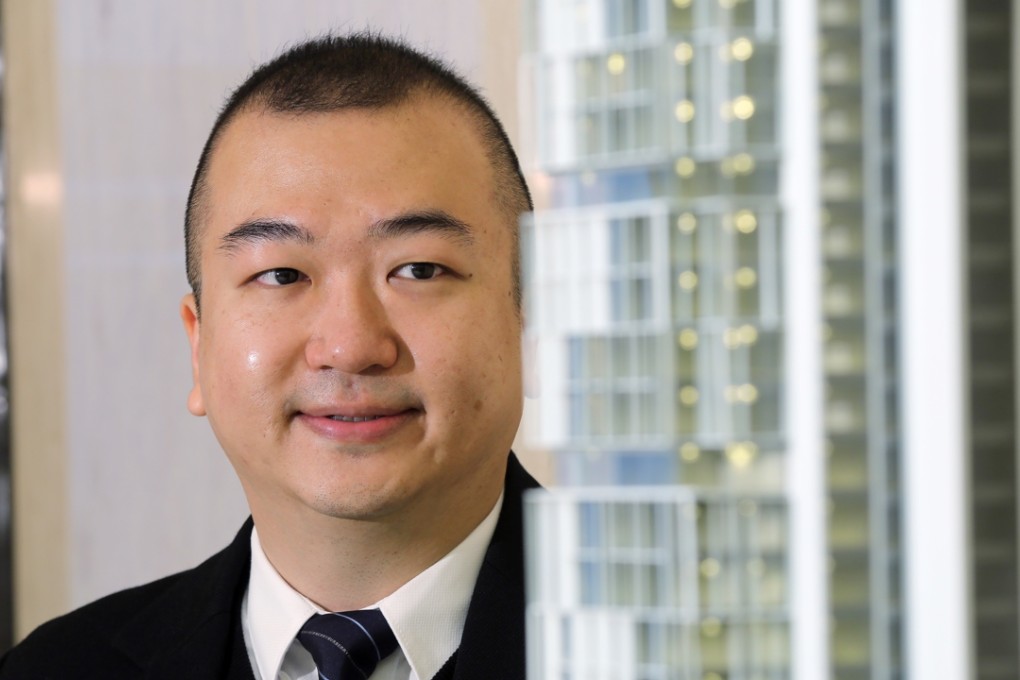Aoyuan vice-president is cautiously optimistic about the housing market this year

Jacky Chan is from Hong Kong but speaks fluent Putonghua and English. Educated in England, the United States and Australia, Chan has extensive experience in financial services, investor relations and real estate. Before joining China Aoyuan Property Group in 2013, he was deputy head of Agile Property’s capital markets department.
At Aoyuan, Chan says he found a place where he could fully use his knowledge and experience. As group vice-president and head of corporate finance and investor relations, Chan oversees various aspects of the business, from development to sales to financing, and he recently became the first head of Aoyuan’s Australian office.
What is your expansion strategy this year?
We are cautiously optimistic about the housing market in 2016. Last year we achieved sales of 15.2 billion yuan, up 24 per cent from 2014. This year we hope to have at least 15 per cent growth. We want to join “20 billion yuan [sales] club” as soon as possible. It may take us one to two years.
For land purchase, we always concentrate on first-tier and second-tier cities, particularly in our base of Guangzhou and Guangdong province. Last year Guangdong province, including Guangzhou, made up 44 per cent of our sales. Other areas in China were 49 per cent and Australia contributed 7 per cent. We plan to buy more lands in Guangdong’s Zhuhai and Foshan, where there’s a strong economy this year. Outside Guangdong, we would focus on China’s east and central regions. For the overseas market, we want to focus on Australia first, but our core business is still in China.
How would yuan depreciation and the boosted domestic bond market change your financing plan this year?
As cutting costs is one of our goals this year, we would give priority to domestic financing at this point and use cheaper domestic funding to redeem offshore junk bonds. Last year we issued a 2.4 billion onshore bond at an annual rate as low as 5.8 per cent. By the end of 2015, foreign currency debt accounted for only some 30 per cent of our total debts, compared to 50 per cent at the end of June. The average financing cost was reduced to 9 per cent last year, from 11.3 per cent two years ago. This year we will keep up the effort to conduct refinancing so that we can cut financing costs.